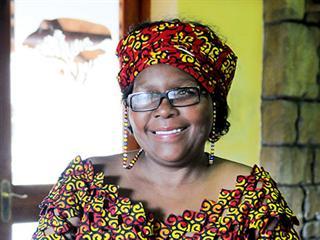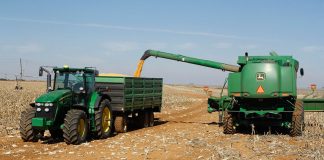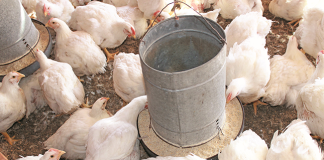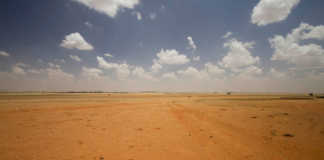
This was evident, said Agriculture Sector Unity Forum (ASUF) chairperson Ntombi Msimang, during the negotiations that preceded the first policy conference.
Speaking at the conference held in Stellenbosch recently, Msimang said that, through the establishment of the forum, the major organisations in the agriculture sector came to realise that a united voice was of major importance and that the differences between the various stakeholders were “for the most part definitely not insurmountable.”
Msimang said that in discussions on unity in agriculture “over the past two years or so”, members “often had to move from entrenched positions towards an appreciation of the common good for the agriculture sector.
“I was amazed at the level of maturity the particular discussions were conducted at. If this is how democracy can unfold in the wider society it bodes well for the future of South Africa."
In the past couple of months, ASUF has focused on reaching consensus policy positions on questions such as land reform, labour relations, safety and security, water and infrastructure.
Agriculture minister Tina Joemat-Pettersson was the guest speaker at the conference. “I can state without doubt that the organisation has greatly enhanced the visibility and profile of the agricultural sector,” she said.
ASUF would have an important role to play in helping ensure the future sustainability of the sector, added Joemat-Pettersson.
“In the discussions we have had we have agreed that a major new initiative is required to ensure the revitalisation of the sector.”
The minister referred to the drop in the number of farmers, the absence of young entrants to the sector, job losses and the sector’s declining share of GDP, all which pointed, she said, to a sector that has been in decline since the 1970s.
She said in order to reverse this negative trend there was a need to focus on the cost of inputs on farms.
Joemat-Pettersson also said government needed to determine if there were ways to subsidise or protect farmers without distorting markets or contravening World Trade Organisation regulations.
“The simple fact is that most countries do support their farmers, whereas we have left our farmers to their own devices, and to the vagaries of the market.
“If we need to support prices in order to ensure food security, we must do so. We cannot allow our farmers to fail.”
The minister invited ASUF to submit concrete proposals to government on how the sector can be better served in this regard.
ASUF was first launched in November 2012 and some of the founding members were the African Farmers’ Association of South Africa (Afasa), the representative chamber for South African Agribusinesses, Agbiz, AgriSA, South African Agricultural Processors Association (SAAPA), the National African Farmers’ Union (NAFU) and TAU SA.












